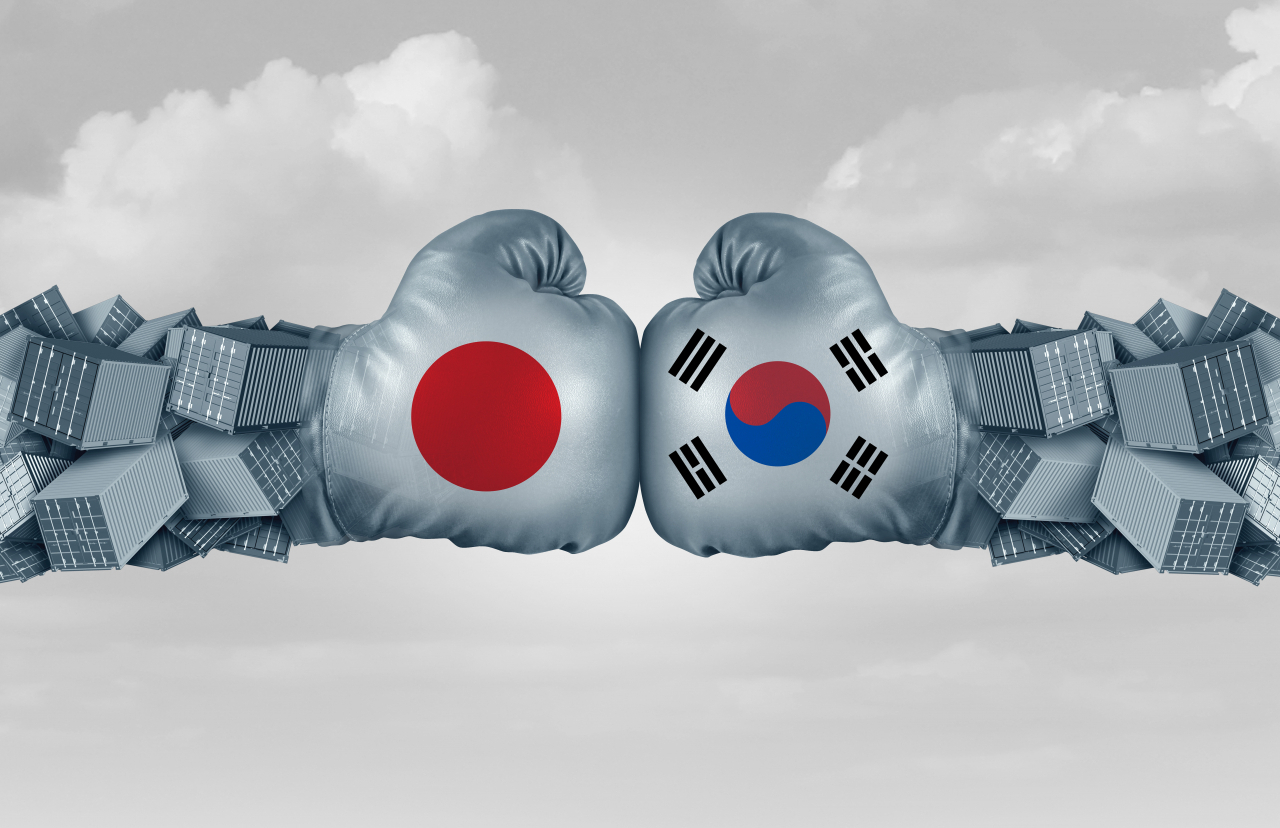
South Korean experts will fly to Japan to monitor the second release of treated radioactive wastewater from the destroyed Fukushima nuclear plant, set to start Thursday, the Korean government said Wednesday.
“Like the first release, we will be working with the Japanese government to share real-time data on the second discharge and monitor data released by the plant operator, Tokyo Electric Power Company,” said Park Ku-yeon, the first deputy chief of the Office for Government Policy Coordination, the body leading interagency efforts to check on the discharge plans.
According to Park, the experts set to be on site will tour the facility around the power plant and an International Atomic Energy Agency office. The UN nuclear watchdog, which has said the health and environmental impacts from the release are negligible, set up the office to make sure the release of the water into the Pacific Ocean takes place in compliance with safety standards.
But when exactly those experts will leave and come back home was not disclosed, with Park saying revealing dates could affect their work. He did not elaborate on how or what kind of such work is affected.
The latest tour marks the third time after two previous trips each in August and September. The Japanese government started the initial discharge in late August, a process that ended in early September.
The push to discharge more than 1.34 million tons of radioactive wastewater from the plant -- hit by a 9.0 magnitude earthquake and tsunami in 2011 -- represents only a small step to fully decommissioning the facility. Japan maintains that radioactivity levels in the released wastewater will be made safe enough by filtering and dilution processes.
But some in neighboring countries like China and Korea say long-term effects of still radioactive water on the broader ecosystem of fish and those who consume it are debated.
Meanwhile, the latest data from the National Assembly found that violations of the country of origin law by seafood importers more than doubled in August from a year earlier. The August data, a compilation of the first eight months this year, amounted to 164 cases, compared with 74 from the same period a year earlier.
The Korean government said earlier this year it would crack down on seafood importers who have not reported or wrongly marked the country of origin, a practice officials say is still prevalent despite the fines or prison sentences possible for such crimes.



















